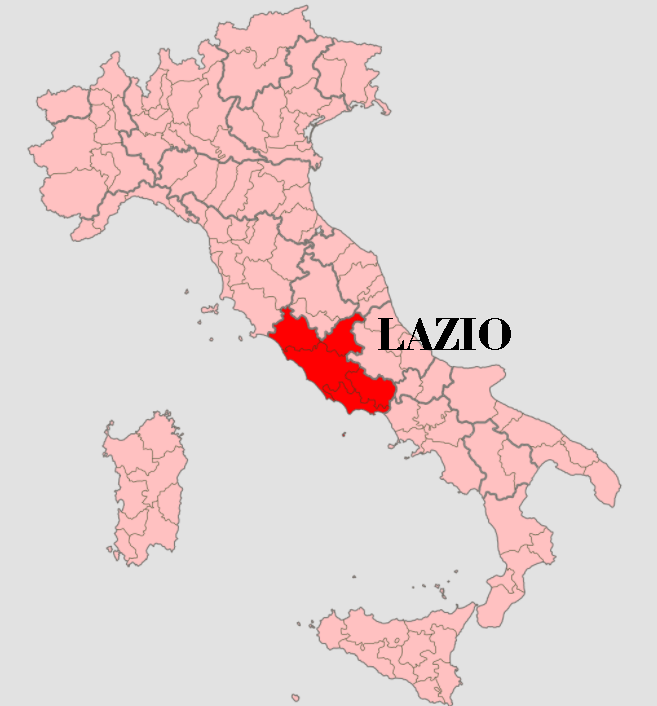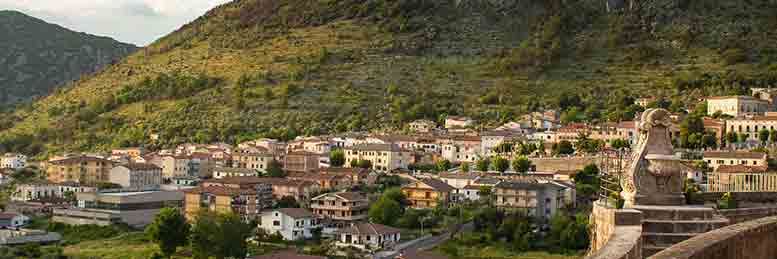Local officials in west-central Italy say they are progressing with plans to build a sustainable hemp supply chain model that can transform the agriculture of an entire region.
Officials in the city of Roccasecca, in the province of Frosinone of the Lazio region, said preparation of land for a first planting of hemp is now underway in anticipation of the 2022 growing season.
The city said the goal is to develop Frosinone as a national hemp processing center, reclaiming poor soil while attracting industry and investment to the region. The project was first announced last year.
‘New vision for agriculture’
“Roccasecca could become the pioneer city of a project that, thanks to the cultivation of industrial hemp, would be able to launch a new vision for agriculture in the entire territory and province, one that is capable of attracting industry and investors all united by a common denominator: eco-sustainability,” said Giuseppe Sacco, Roccasecca’s mayor.
The initiative is part of a broader framework for the Lazio region, the Green Valley project, which combines the principles of the circular economy and environmental remediation.

The project aims to clean metals and toxins from the soil in the area through hemp’s phytoremediation capabilities, and use hemp for the production of environmentally friendly products such as bioplastics, cosmetics, building materials and textiles. Officials also see markets in hemp flowers and bioenergy.
Starting with fiber variety
The Consortium for the Industrial Development of Southern Lazio (Cosilam) carried out pre-planting analysis and will check the soil after it has been through a farming cycle this year. The farms involved in the project will plant Futura 75, a French fiber variety.
In addition to the city of Roccasecca and Cosilam, participants in the project are the University of Cassino and Southern Lazio, the National Agency for New Technologies, Energy and Sustainable Economic Development (ENEA), consultancy Agricola Happy Hill, and the municipalities of Ceccano and San Giovanni Incarico.
“We thought that this area needed a second chance, a ‘second life.’ This is because from an environmental point of view we live in an area that has paid a very high price over the years,” said Marco Delle Cese, President of Cosilam.
“We began to understand that the linear economy no longer works well in this area,” Delle Cese said.
Other Italian initiatives
Italy has been steadily developing hemp-based initiatives over the past few years:
- Canapa del Sud, a 25-farm cooperative in the Campania region, is working to develop a local agriculture system based on a short supply chain fed by local hemp fields. The group is developing a whole-plant strategy to turn out different products, many of which they say can be sold locally in the Campania region.
- In Puglia, a consortium of hemp interests established a short supply chain that is delivering hempcrete building materials for local construction projects.
- Officials in Umbria, an adjacent region to Lazio, said last year they are looking closely at the potential in hemp fiber-based bioplastics and biopolymers, as well the natural textile and fashion sectors. Their plan emphasizes hemp’s potential to clean up contaminated land through phytoremediation, and phyto-purification of water.
- An initiative in Piedmont in late 2020 proposed allocating €3 million ($3.5 million) to advance development of industrial hemp value chains in the far northwestern region at the foot of the Alps where Italy borders Switzerland and France.
With reporting by Canapa Industriale

